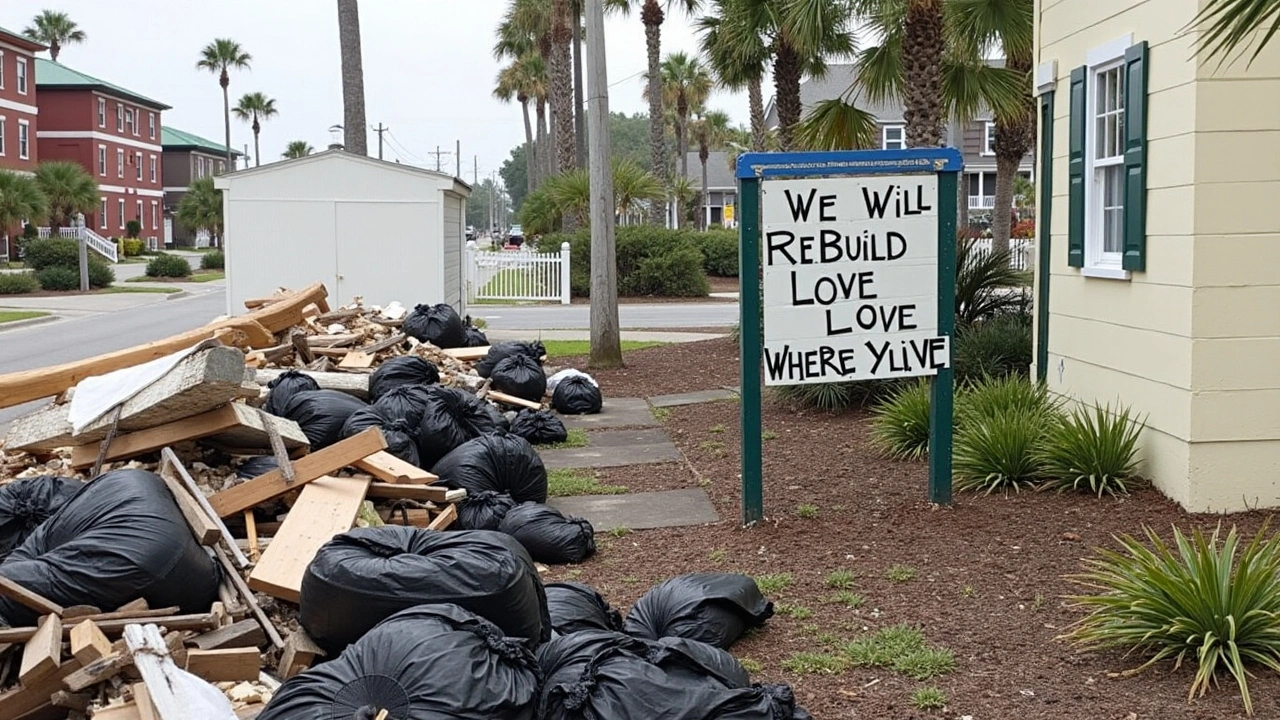Extreme weather: what to watch and how to stay safe
Extreme weather hits hard and fast. On this tag page you’ll find the latest alerts, clear explanations of causes, and short, practical steps you can use right away. We cover floods, heatwaves, storms, cyclones and wildfires — the events that disrupt homes, farms and cities across Africa.
Why you should pay attention: these events are getting more frequent and intense in many regions. That means knowing simple, effective actions can make a big difference for you and your family. No jargon — just what to do before, during and after an emergency.
Quick safety checklist
Before a forecasted event: secure loose items outside, move valuables and important documents to higher ground, and pack a small emergency kit with water (3 days), nonperishable food, a torch, spare batteries, a power bank, basic meds, copies of ID and some cash. If you farm, move livestock to safe pens and protect feed stores from water.
During floods: get to higher ground immediately. Turn off electricity at the main switch if water reaches your home. Avoid walking or driving through floodwater — 15 cm of moving water can sweep a person off their feet, and 30 cm can move a car. Keep listening to local radio or official social channels for evacuation orders.
During heatwaves: stay hydrated, avoid heavy work in the hottest hours (11:00–16:00), wear light clothing, and check on elderly or sick neighbors. Cool your sleeping area with damp cloths or fans when possible. If someone shows signs of heatstroke (confusion, fainting, very high temperature), cool them and seek medical help fast.
During storms or cyclones: secure windows with shutters or board them, bring pets inside, clear drains near your property to reduce local flooding, and follow evacuation orders without delay. Keep a list of emergency numbers and a charged phone ready.
How we cover extreme weather
We publish clear updates based on official forecasts and on-the-ground reporting. Expect fast alerts when severe events are expected, short explainers about causes (like seasonal rains or wind systems), and practical recovery tips after the event — from claiming relief to cleaning up safely.
Want alerts? Follow your national meteorological service (for example South Africa Weather Service or Kenya Met) and local emergency channels. Sign up for SMS or messaging alerts if your area offers them. Share warnings with family and community leaders — local knowledge saves lives.
Bookmark this tag to see the latest stories and tips. When news breaks, look for the short safety box at the top of each article — it tells you exactly what to do in the next hour. If you have a local tip or situation to report, contact your nearest authority first, then share details with us so we can help spread verified warnings.
Stay alert, stay prepared, and use simple steps to protect people and property. Extreme weather is serious — the right actions ahead of time make recovery faster and safer.
